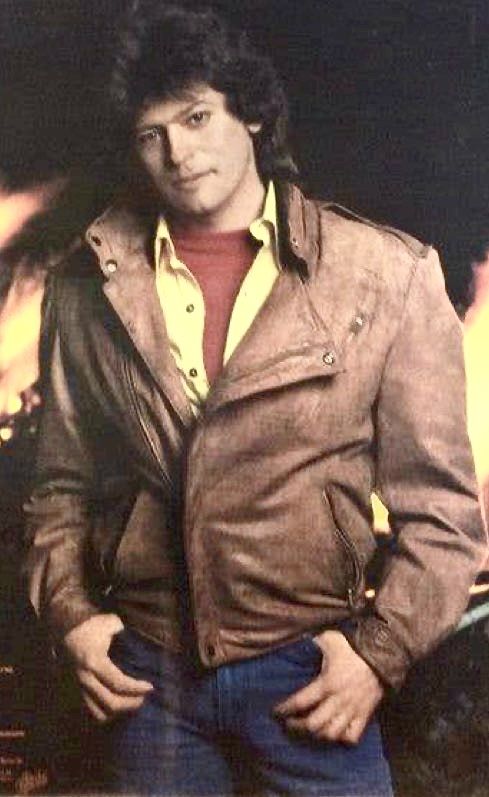
A Timeless Lament of Regret and Missed Opportunities
Ah, the 1970s. A decade of bell bottoms, disco balls, and country music that truly spoke to the soul. It was a time when heartache was often set to a twangy guitar, and singers didn’t shy away from laying their vulnerability bare. And among the troubadours of that era, one name shone particularly bright, captivating audiences with his smooth voice and undeniable charm: Johnny Rodriguez. In an era where country music was finding new avenues of mainstream appeal, Rodriguez emerged as a trailblazer, breaking barriers and becoming a true crossover sensation. His youthful good looks and bilingual talents made him a unique figure, appealing to a broad demographic that extended far beyond traditional country music fans. He wasn’t just a singer; he was a phenomenon, and his records often climbed the charts with impressive speed.
One such record, etched into the memories of many who lived through those years, was the poignant ballad, “I Didn’t (Every Chance I Had).” Released in 1974, this song quickly resonated with listeners, climbing to a respectable No. 3 position on the Billboard Hot Country Singles chart. It was featured on his album “Songs About Ladies and Love,” an album that, like many of Rodriguez’s works from that period, delved deep into the complexities of human relationships and the bittersweet pangs of the heart. The very title of the album suggests the themes that Rodriguez so eloquently explored, and “I Didn’t (Every Chance I Had)” stands as a prime example of his ability to distill profound emotions into a simple yet powerful narrative.
The story behind “I Didn’t (Every Chance I Had)” is one that, while not publicly tied to a specific dramatic event in Johnny Rodriguez’s life, speaks to a universal human experience. It’s a tale woven from the threads of regret, of missed chances, and of the quiet ache that comes from looking back and realizing what could have been. The song’s genius lies in its understated narrative. It doesn’t rely on grand pronouncements or dramatic turns; instead, it paints a picture of a man reflecting on a past relationship, a love that slipped through his fingers not because of malice or major conflict, but because of a thousand small moments of inaction. The lyrics are a quiet confession, a whispered lament about all the things he didn’t do, every chance he had to express his love, to offer support, to simply be present.
The meaning of “I Didn’t (Every Chance I Had)” is profoundly relatable. It speaks to anyone who has ever looked back on a past relationship, a friendship, or even a professional opportunity, and wished they had acted differently. It’s about the silent erosion of love that occurs when affection goes unexpressed, when kind words are left unspoken, and when moments of connection are allowed to pass by. The song doesn’t blame the other person; instead, it’s a self-indictment, a raw and honest acknowledgment of personal failings. This self-awareness is what makes the song so powerful and enduring. It’s a mirror reflecting our own human tendencies to procrastinate, to take things for granted, and to assume that opportunities for connection will always be there.
For many of us who remember those days, “I Didn’t (Every Chance I Had)” isn’t just a song; it’s a time capsule. It transports us back to quieter evenings, perhaps spent with loved ones, with the radio playing softly in the background. It evokes memories of simpler times, but also of the complex emotions that have always been a part of the human condition. The melancholic melody, coupled with Rodriguez’s earnest delivery, creates an atmosphere of introspection and gentle sorrow. It’s a song that invites us to sit with our own regrets, not in a way that is self-defeating, but in a way that encourages reflection and perhaps, a renewed commitment to seize the present moment. This timeless quality is a testament to the song’s craftsmanship and Johnny Rodriguez’s ability to tap into the universal wellspring of human emotion. It’s a reminder that some feelings, like regret, transcend generations and continue to resonate, generation after generation.